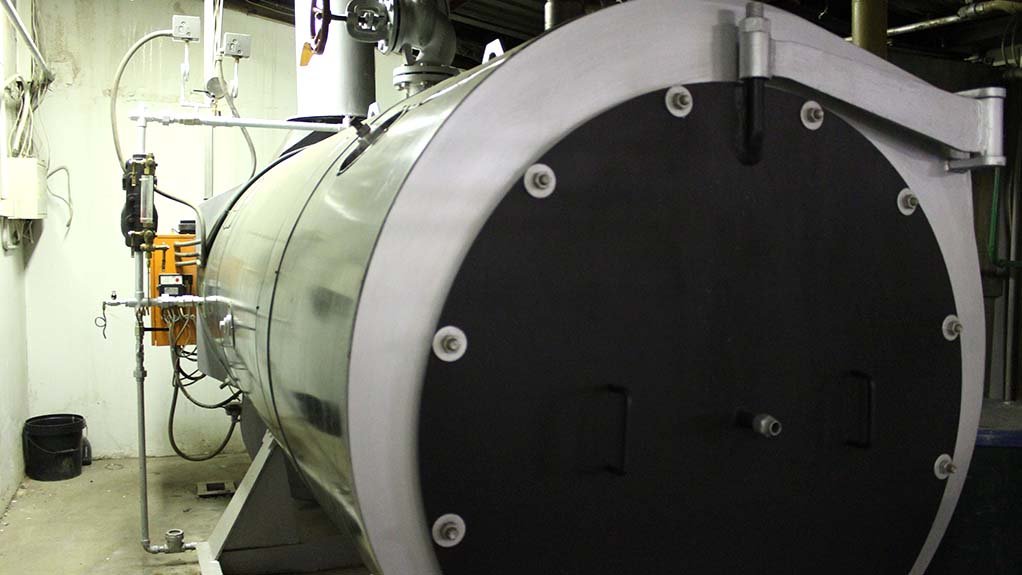The regulatory environment for environmental policies and decreasing emissions is a key driver when a boiler owner decides to convert to using natural gas as a fuel source, says natural gas supplier Egoli Gas MD Vishal Pooran.
“Natural gas-fuelled boiler studies have shown an overwhelmingly positive reaction from customers when using natural gas.”
Customers enjoy increased cost savings, cleanliness of the boiler room, little to no logistical difficulties or fuel shortages, extended boiler life expectancy, lower maintenance and environmental emission reductions, Pooran tells Engineering News.
The combustion of natural gas results in lower greenhouse-gas emissions and is found to be a clean fuel in comparison with oil and diesel, besides other fuels.
According to an International Gas Union article in 2010 on unlocking the lower carbon future, the complete combustion of natural gas emits about half as much carbon dioxide (CO2) as coal and about 30% less CO2 than oil, as well as far fewer pollutants, for every unit of energy delivered.
Natural gas contains no particulate matter.
Additionally, modern natural gas burners and burners that are configured in a co- or tri-generation setup provide more efficiency and can burn natural gas cleanly and completely.
Natural gas is seen as an ideal transition fuel away from dependence on coal until renewable energies become more cost effective and accessible.
Egoli Gas has noted an increased interest to convert equipment to natural gas; however, the company is limited by current supply constraints.
The current natural gas wells at Pande and Temane, in Mozambique, will start to tail off in supply as the wells reach their predicted end of life.
Plans are underway to supplement current supply from the natural gas wells via imported liquified natural gas (LNG).
Floating storage and regasification ships will dock at a designated terminal – either at Mozambican or South African ports – and allow for regasification of the LNG into pipelines for supply.
This is anticipated to ‘go-live’ by late 2024 or early 2025, says Pooran.
Pooran says an obvious and major component to consider when customers consider switching fuels is the infrastructure required to supply natural gas.
“Without access to an existing gas pipeline close to a customer’s facility, a plant can face significant costs for gas supply.”
He concludes that natural gas has not only had an attractive price regime in recent years, relative to other fuels, but also offers the potential for lower stack emissions and, thus, lower carbon tax.
Edited by: Zandile Mavuso
Creamer Media Senior Deputy Editor: Features
EMAIL THIS ARTICLE SAVE THIS ARTICLE
ARTICLE ENQUIRY
To subscribe email subscriptions@creamermedia.co.za or click here
To advertise email advertising@creamermedia.co.za or click here













